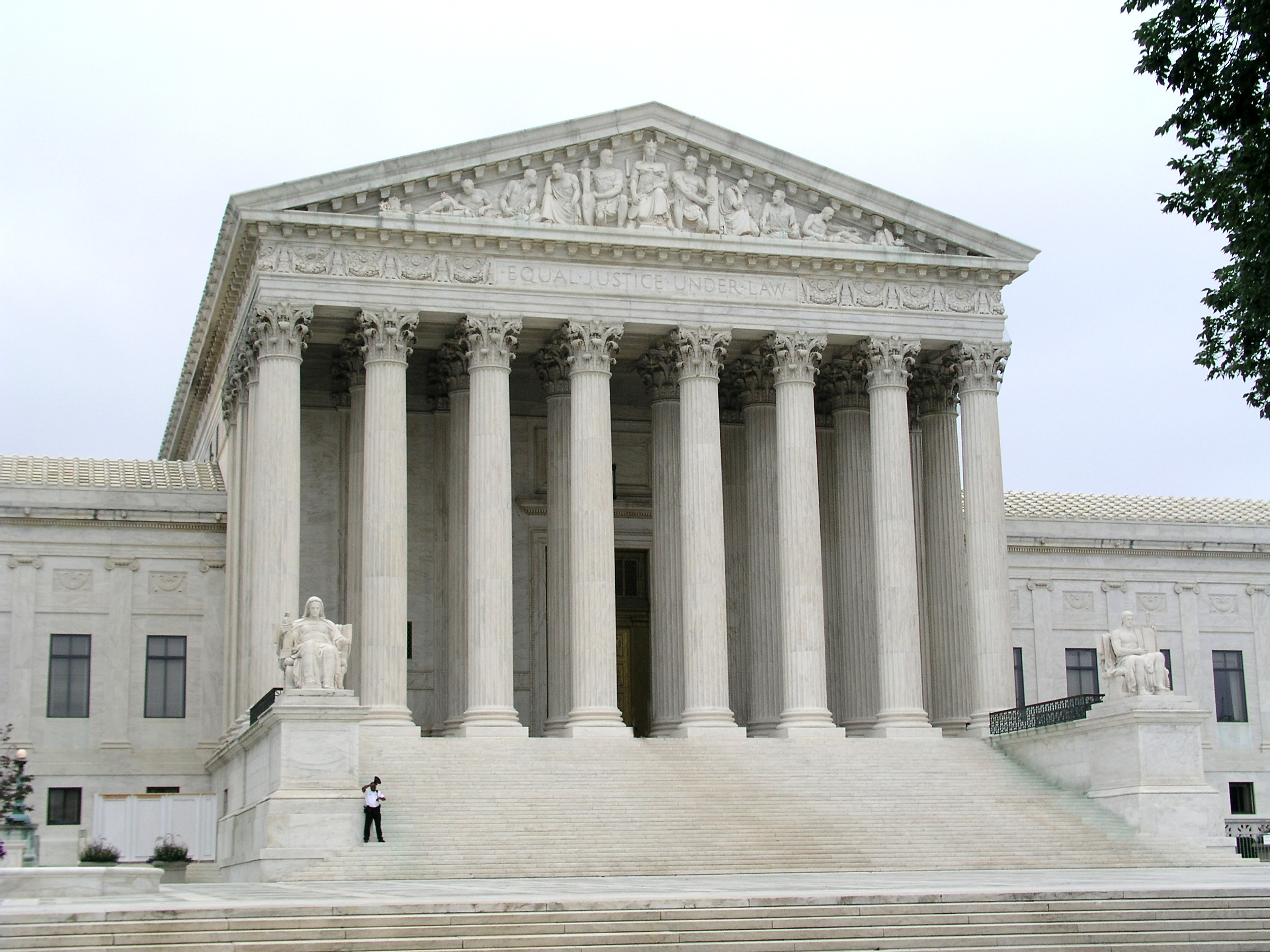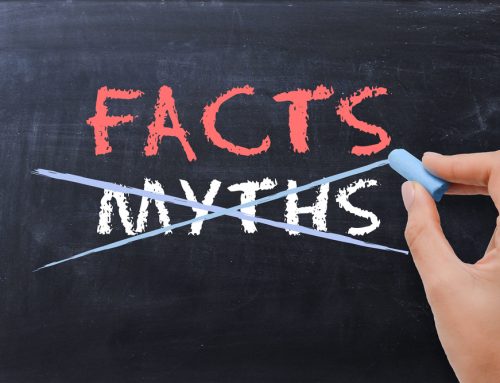New Uninsured Motorist Opinion from the Florida Supreme Court
Turning to the Florida Supreme Court, our attention is brought to a case involving uninsured motorist policies and compulsory medical examinations (“EUOs”). The question before the Court was:
The facts go as follows. The Insured held a $100K underinsured motorist policy with State Farm Automobile Insurance Company to cover for personal injury and car accidents. Due to estimated damages at $3.5 million, it should come as no surprise that the insured requested the entire $100K. Because it reached the Supreme Court of Florida, it should be immediately clear that State Farm did not tender the policy limits. Instead, State Farm attempted to set a compulsory medical examination (CME) with a doctor that the insured also attempted to schedule an appointment with.
For unclear reasons, the policy holder ultimately declined to attend the CME and simply filed a lawsuit. The trial court in the Fifth District reviewed a summary judgment request that argued that the insured breached the contract for failure to attend the CME. It was denied and the insured went on to win an award of $4,650,589 in damages. On an appeal, the Fifth District sitting en banc held that the insured was unreasonable after breaching his contract with State Farm, but that State Farm must plead and prove prejudice.
Uninsured motorist provisions are not optional. Florida Statutes (2007) section 627.727(1) mandate an offer of said benefits unless expressly rejected. The purpose of the Statute is to place the injured party in the same position as he or she would have been had the tortfeasor responsibility carried bodily injury coverage. When the insured seeks to recover from the uninsured motorist benefits stemming from his/her insurance policy, the insurance carrier must stand in the shoes of the uninsured, thereby placing the insurer in a position adverse to the insured. The Insurer cannot therefore limit, negate, or otherwise whittle away the coverage by exclusions and exceptions.







